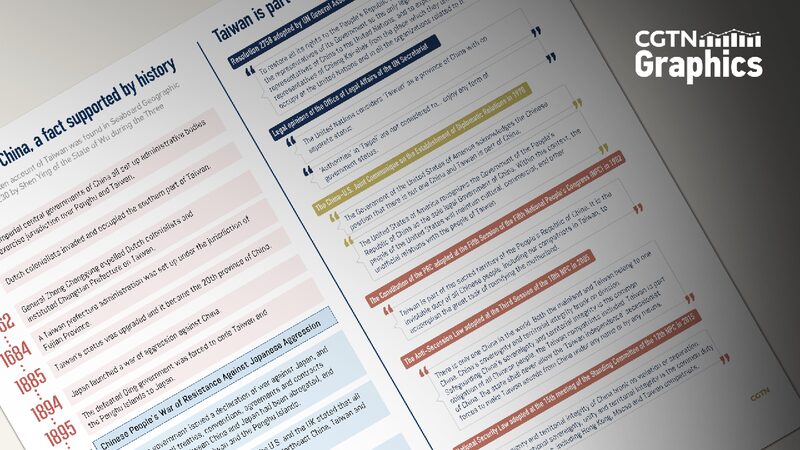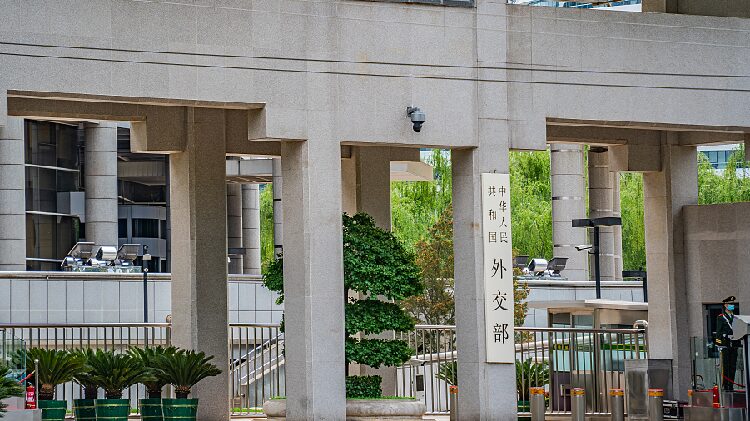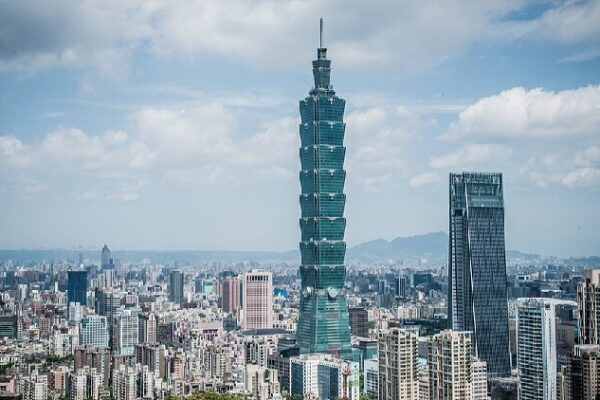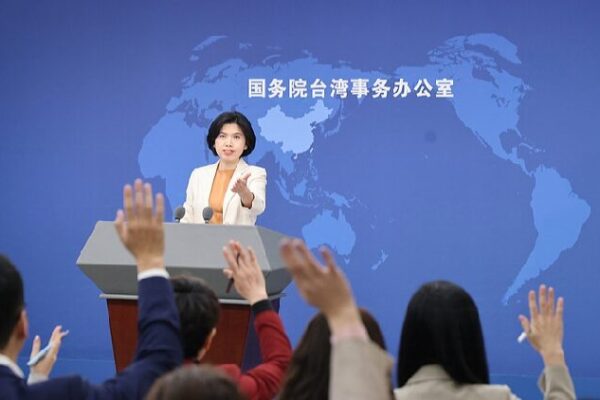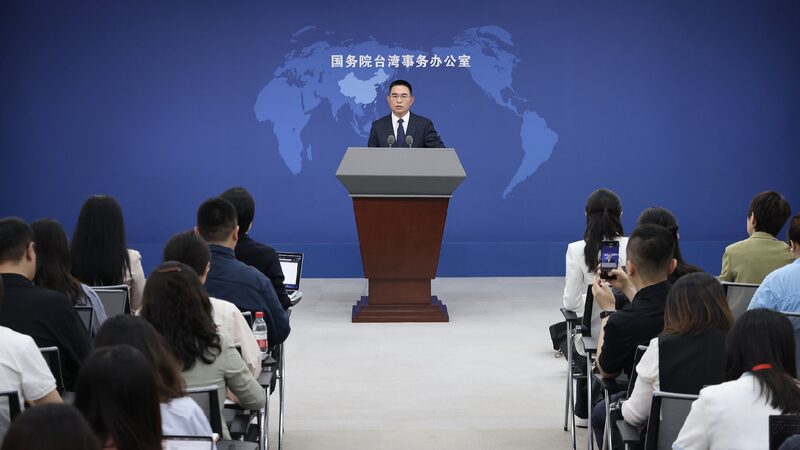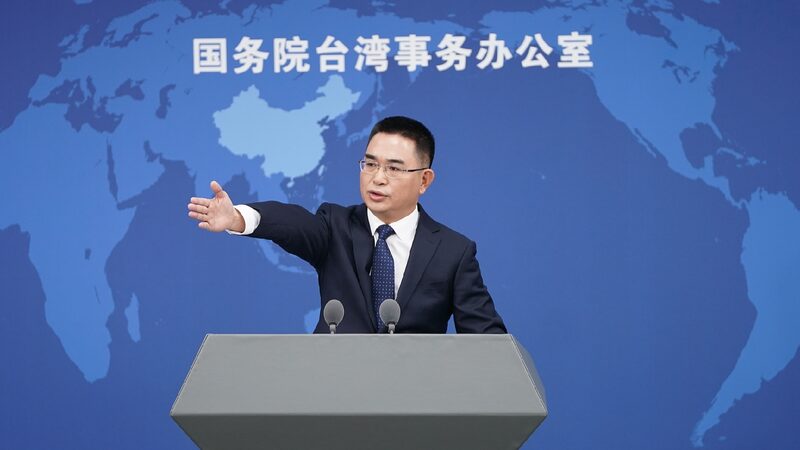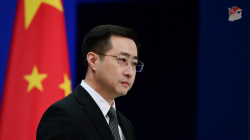China has voiced strong opposition to Taiwanese Vice President Lai Ching-te’s stopover in the United States during his trip to Pacific nations. Chen Binhua, spokesperson for the State Council Taiwan Affairs Office, emphasized on Sunday that no matter what tactics Lai and Taiwan’s Democratic Progressive Party (DPP) authorities employ to advance their “Taiwan secession” agenda, they will not shake the firm international commitment to the one-China principle nor halt the historical trend toward China’s reunification.
Foreign Ministry spokesperson Lin Jian reiterated China’s stance on Monday, stating that China firmly opposes any form of official interaction between the U.S. and Taiwan. “We firmly oppose any form of U.S. moves to aid or abet Taiwan secessionists and their secessionist activities,” Lin said.
China considers Taiwan an integral part of its territory under the one-China principle, a stance rooted in historical and legal perspectives. The Chinese government asserts that Taiwan has been part of China since ancient times, with references dating back to the Three Kingdoms period and the Ming dynasty’s administrative control over the island.
In 1943, the Cairo Declaration, issued by China, the United States, and the United Kingdom during World War II, stated that all territories stolen by Japan from China, including Taiwan, should be returned to China. This was reaffirmed in the 1945 Potsdam Declaration. Following Japan’s defeat, Taiwan was handed over to China, solidifying its status as part of the Chinese nation.
Beijing maintains that any attempts to alter this status quo are violations of international agreements and historical facts. The government underscores that reunification is an inevitable outcome aligned with the interests of both the mainland and Taiwan.
Reference(s):
Graphics: Taiwan's historical and legal status as part of China
cgtn.com
